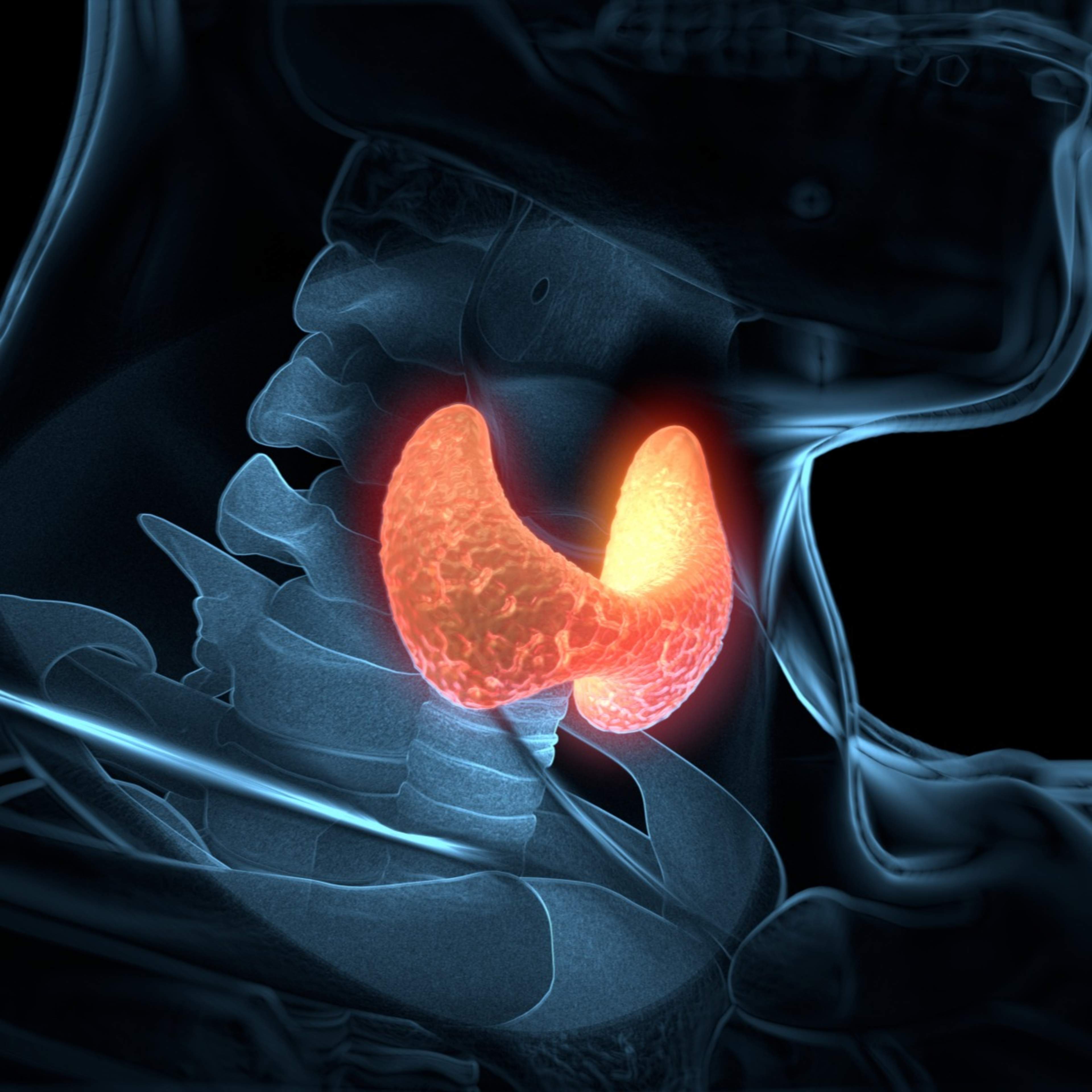
The most common reason for underactive thyroid (hypothyroidism) in people with type 1 diabetes is an autoimmune infection of the thyroid. In this case, TPO (thyroid peroxidase) antibodies are present in the blood either permanently or at some stage.
In thyroid underactivity, a message of the low level of thyroid hormone is sent to the pituitary gland. The pituitary gland then increases the production of TSH hormone (thyroid-stimulating hormone), increasing its level in the blood. The increased TSH level stimulates the production of the thyroid hormones thyroxine (T4) and triiodothyronine (T3). However, the thyroid hormone level will gradually decrease, and symptoms of an under will occur.
If underactive thyroid of a person with diabetes is not treated, it can contribute to the incidence rate of low blood sugars. In underactive thyroid, the amount of LDL cholesterol in blood increases.

